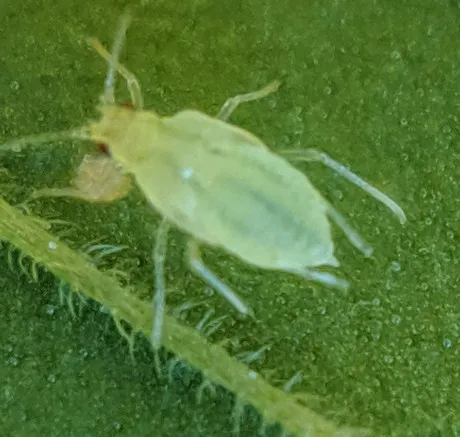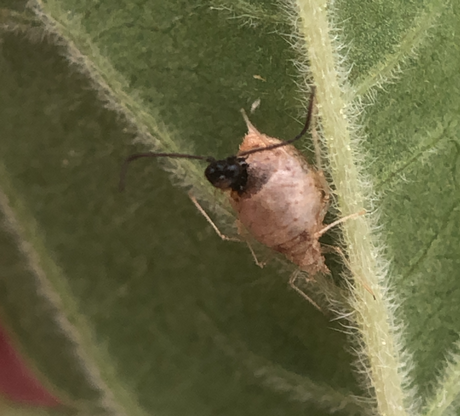According to Casey Decker, general manager at Global Horticultural USA, roughly 80% of the company’s new clients are cannabis operators, who turn to biological insect control due to the narrow list of approved pesticides and fungicides. Casey is also the owner of Sierra Biological, a producer of biological control agents.
“When it comes to pest control, cannabis growers have their hands tied because they are so restricted in the number of approved chemicals. With biologicals, we have to provide solutions to problems that don’t yet exist,” explains Casey.
Global Horticultural provides valid solutions in advance of the problem through two main strategies, the first being the brand-agnostic sourcing of biologicals. According to Casey, Global Horticultural is not tied to a single biologicals provider but instead focuses on sourcing the best products on the market. Also, Global Horticultural closely monitors industry trends to help its growers anticipate potential pest problems and have effective tools at the ready.

“There isn’t a lot of crosstalk between cannabis operators. But in working extensively in the industry, Global Horticultural can help its growers learn which pests are becoming problematic in the area,” Casey says.
Regulations a hindrance to developing control agents for cannabis
Certain biologicals used for bedding plants can also be applied to cannabis, but cannabis also has certain species-specific pests which require specialized solutions, such as the cannabis aphid and hemp russet mite. That said, developing such products has been challenged by the limited number of universities willing to conduct cannabis-related research.
“In North America, research into cannabis pest control has been difficult since universities wouldn’t touch the subject at all. There is some research in Europe but the pest complex in North America is very different than in Europe,” says Greg.
That has become somewhat easier since the 2015 Farm Bill which legalized hemp and made it easier to conduct hemp-related research, whose results can spill over into the cannabis industry. Even so, such research takes time as it is conducted over multiple seasons. Further, registration of biologicals for cannabis is made difficult by county and/or state regulations.
“If the product isn’t already registered for tobacco, it isn’t easy to register it for cannabis. This is especially true for oils since regulatory agencies are always concerned about the use of oils in smokables,” explains Casey.
Case study: PharmaCann
According to PharmaCann’s cultivation manager Gregory Halloran, “PharmaCann uses Global Horticultural for almost everything and we’re really happy with them. We’ve been doing a lot of work to buff up our IPM system with beneficial microbes, insecticidal soap, soft chemicals, etc.”
PharmaCann is a cannabis operator in Montgomery, New York, that has been active for roughly five years and was one of the first licensed operators in the state. According to Gregory, PharmaCann is currently producing medicinal marijuana but is looking to expand into the looming adult-use market.

PharmaCann and Global Horticultural have a longstanding relationship and will continue to, with Casey describing PharmaCann as “one of the most professional and well-thought companies that we’ve worked with.”
Moving forward, PharmaCann and Global Horticultural are collaborating closely to keep the cannabis aphid at bay, as it is reportedly spreading across the United States, as is the hemp russet mite.
“The hemp russet mite is microscopic and very difficult to detect. The cannabis aphid is cannabis-specific. We’ll need control agents for these voracious, hardy pests,” Greg explains.
For more information:
Global Horticultural
T: 1-800-668-9567
T: 1-905-563-3211
F: 1-905-563-3191
Email: sales@globalhort com
globalhort.com
